Ever since the entire concept of natural sunscreen began to surface, people have been looking to discover more about the ingredients that are used in such products, as an alternative to conventional products with ingredients they can’t even pronounce. Naturally, people also became interested in knowing what conventional products might be able to substitute a chemical sunscreen, and olive oil started being considered a viable alternative.
How Is Olive Oil Made?
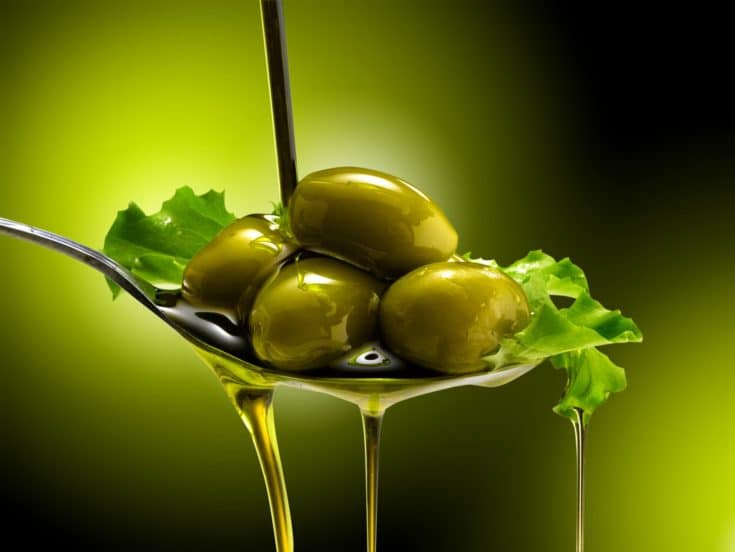
Part of the Mediterranean tradition, olive oil is a super food in many different ways. Although every diet suggests paying close attention to how much oil you consume, olive oil is a product that’s rich in good cholesterol, and studies have shown that it can improve heart health drastically when consumed in moderate amounts every day.
There are many different varieties of olives on the market, but only a few of them can be grown for commercial purposes across the entire globe. After the proper types of olives have been picked, they are cleaned, which means that any twigs or leaves are removed in order to prepare them for pressing.
The pressing process is the one that actually results in olive oil. Processors are usually made with granite or stone wheels which crush the olives in order to extract the oil. Depending on the processing plant, you can also find stainless steel rollers that turn the olives into a paste.
Through another process called malaxation, tiny oil molecules will create a concentrated product, as the paste is mixed for about 20 to 40 minutes. The longer this paste is mixed, the more intense the olive oil flavor will be. But there’s a catch: mixing also exposes the product to air, which can decrease its quality because it produces free radicals.
Olive Oil SPF Value
One of the things that help determine whether a sunscreen will actually protect your skin from the sun is the SPF value of the product. For the best protection, it’s important to use lotions that have an SPF of at least 30, with 50 being the general favorite as it offers more protection.
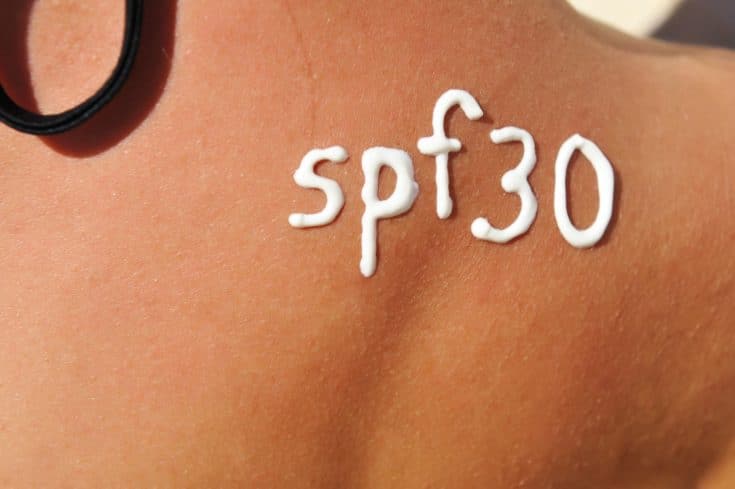
When talking about oils (such as olive oil), taking a look at the SPF value of each is important in answering the main question. There are oils that contain a natural percentage of SPF, which means that they can absorb a certain quantity of UV radiation, this being capable of blocking some sun damage.
People who want to believe that natural products are the best solution for everything will tell you that applying something like coconut oil on your skin and then spending the day in the sun is enough to keep you protected. But let’s analyze the facts and see if that’s really the case.
Health organizations have stated that the natural SPF found in oils isn’t enough to keep you protected. If you need at least 30 SPF to have your skin shielded from UV radiation, know that coconut oil and olive oil have an SPF of 8, peppermint oil has 7, while almond oil has 5.
Make no mistake, these figures are actually impressive for natural oil, but it is simply not enough for sun exposure. For instance, olive oil (which has an SPF of 8) is capable of blocking only 20 percent of the sun’s UV rays.
According to the FDA, you are only really protected by lotions and creams that have at least a sun protection factor of 15. In fact, the FDA has regulated the labels of products with an SPF below 15, asking manufacturers to specify that specific product isn’t capable of preventing skin cancer. It is the American Cancer Society that will tell you it’s best to be even safer and choose products with an SPF of 30.
So, Does it Work?
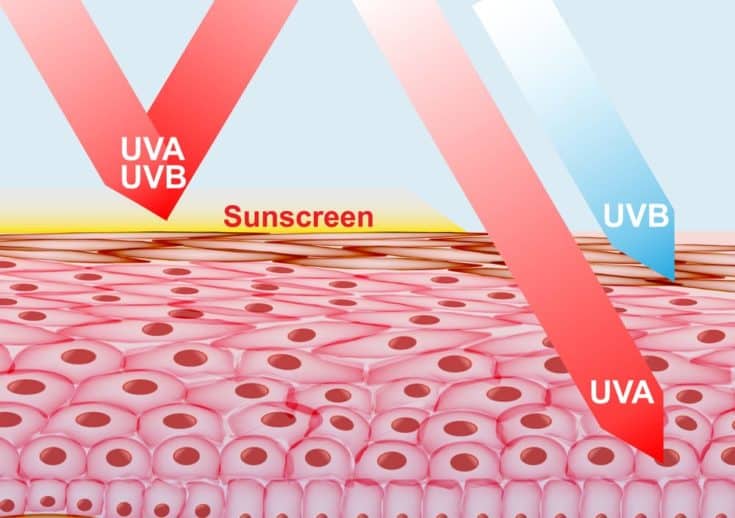
It turns out that the SPF value will only determine a certain product’s protection against UVB rays, but there’s also the question of protecting your skin against UVA rays. The latter is responsible for premature aging and can penetrate the skin to cause DNA damage. That is why experts recommend using products with broad-spectrum protection.
Here’s the thing: the FDA regulates that every sunscreen that’s designed to be commercialized has to be tested. However, olive oil is not considered a sunscreen by the FDA, which means it isn’t tested for its SPF level. Consequently, you can’t really be sure how much protection you’re getting when applying olive oil on your skin.
The thing with oils like olive oil is that each batch can be quite different from another. For instance, coconut oil is said to have a varied SPF level that’s somewhere between 2 and 8, which is a big error margin.
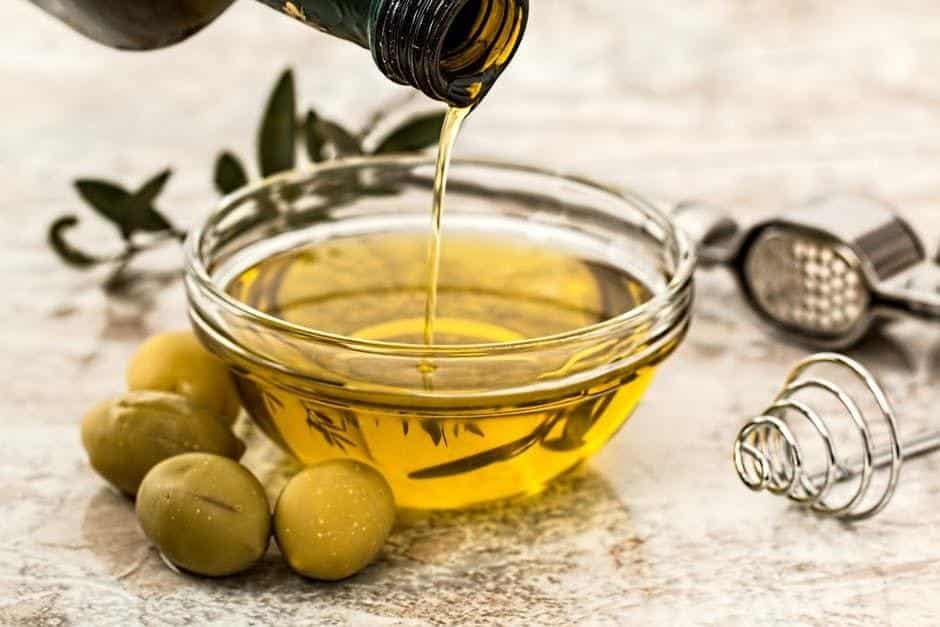
You also have to consider that lotions that are designed to be used as sunscreens are a mixture of different ingredients that will cause the overall product to foresee problems that people might have when using this product. For example, the fact that your sweat can alter the already-low SPF factor of olive oil, which makes it even less protective than it already is.
There is even scientific evidence that suggests there are a variety of factors that can change the sun protection factor of oils. Just think about the fact that even the simple contact with the skin itself can alter the oil’s ability to absorb UV rays.
Yes, it’s true that olive oil is a natural sunscreen but no, it is not enough and has to be used with other ingredients as well.
Conclusion
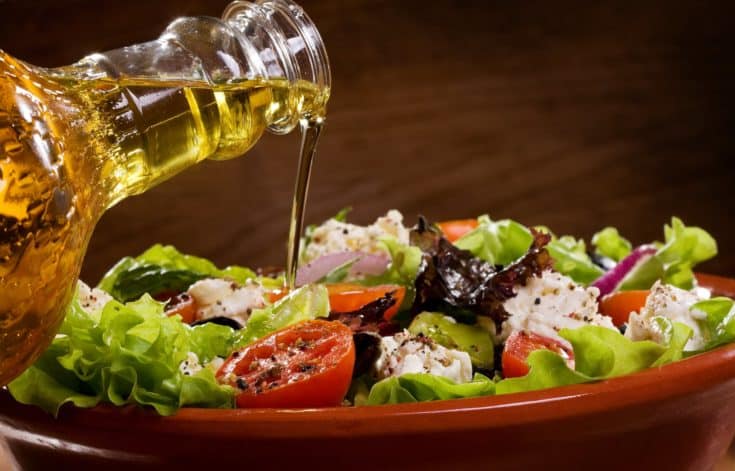
There is no doubt about the fact that olive oil is an absolute gem when it comes to a heart-healthy diet. It is recommended to everyone who needs to make proper dietary changes, and is great even for daily consumption.
However, olive oil’s natural level of sun protection factor isn’t enough for you to consider using JUST olive oil and nothing else to protect your skin against radiation. If you believe in the protective power of olive oil as a natural sunscreen, you can purchase products that contain olive oil, as there are plenty of them to be found on the market. And for more tips on natural sunscreens, click here and see what we found!
The post Is Olive Oil a Natural Sunscreen? appeared first on Better Mind Body Soul.
No comments:
Post a Comment